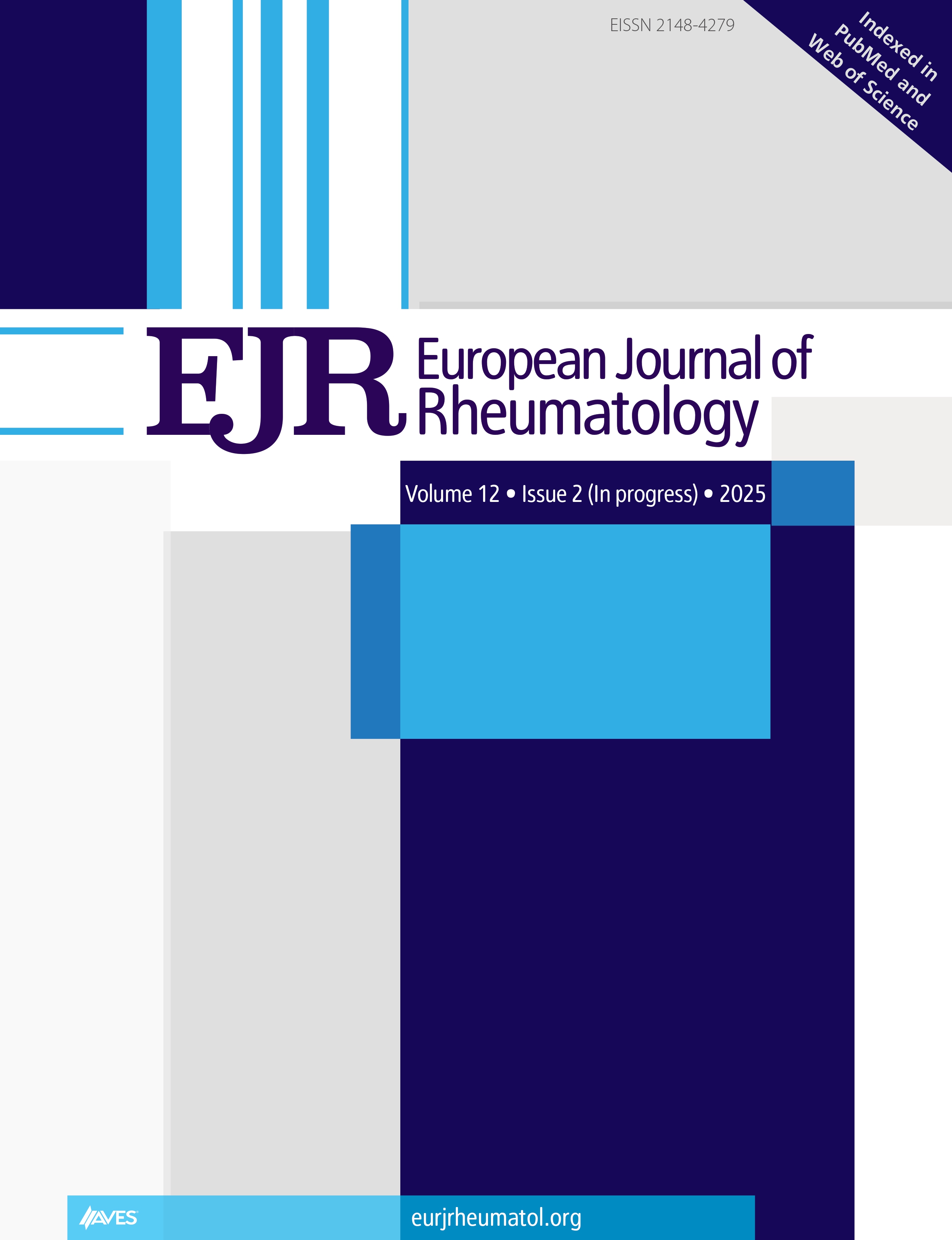Background: Pandemics can increase psychosocial distresses. We evaluated both medication nonadherence and the incidence of perceived stress, anxiety, depression, sleep quality, and insomnia during the coronavirus disease 2019 (COVID-19) pandemic in systemic lupus erythematosus (SLE) patients.
Methods: A total of 211 participants, including 160 SLE patients and 51 healthy volunteers, were included. Questionnaire of Medication Adherence Reporting Scale (MARS-5), Perceived Stress Scale (PSS), Hospital Anxiety and Depression Scale (HADS-A, HADS-D), Pittsburgh Sleep Quality Index (PSQI), and Insomnia Severity Index (ISI) were assessed. Perceived stress related to the COVID-19 pandemic and its associations were investigated.
Results: The mean age of patients was 41.85±12.97 years. Fifty-nine (36.9%) patients had high perceived stress, 16 (10.0%) had anxiety, 45 (28.1%) had depression, 77 (48.1%) had poor sleep quality, and 62 (38.8%) patients had insomnia. Perceived Stress Scale (23.64 ± 7.86 vs. 19.73 ± 4.80, P=.001), HADS-D (5.60 ± 3.40 vs. 4.08 ± 2.21, P=.003), PSQI (6.31 ± 3.62 vs. 4.43 ± 2.20, P=.001), and ISI (6.81 ± 4.98 vs. 4.53 ± 2.83, P=.002) were higher in the patient group. The presence of anxiety, depression, poor sleep quality, and insomnia was higher in patients with high PSS. High PSS was correlated with HADS-A, HADS-D, PSQI, and ISI. Medication non-adherence was detected in 79 (49.4%) of patients. Regression analysis revealed that high perceived stress is an independent predictor of depression [Exp(β) 95% CI: 1.488 (1.245-1.779), P < .001], and anxiety [Exp(β) 95% CI: 1.235 (1.026-1.487), P=.026].
Conclusion: Systemic lupus erythematosus patients demonstrated increased levels of perceived stress, depression, poor sleep quality and insomnia compared to the healthy population during the COVID19 pandemic. Systemic lupus erythematosus patients with high perceived stress had more depression, anxiety, poor sleep quality, and insomnia than those without. Furthermore, high perceived stress was associated with depression and anxiety.
Cite this article as: Gokmen K, Barutcu Atas D, Tugcu M, et al. The assessment of perceived stress, anxiety, depression, insomnia, sleep quality, and drug adherence in patients with systemic lupus erythematosus during the COVID-19 pandemic. Eur J Rheumatol. 2025, 12(2), 0108, doi: 10.5152/ eurjrheum.2025.23108.



.png)